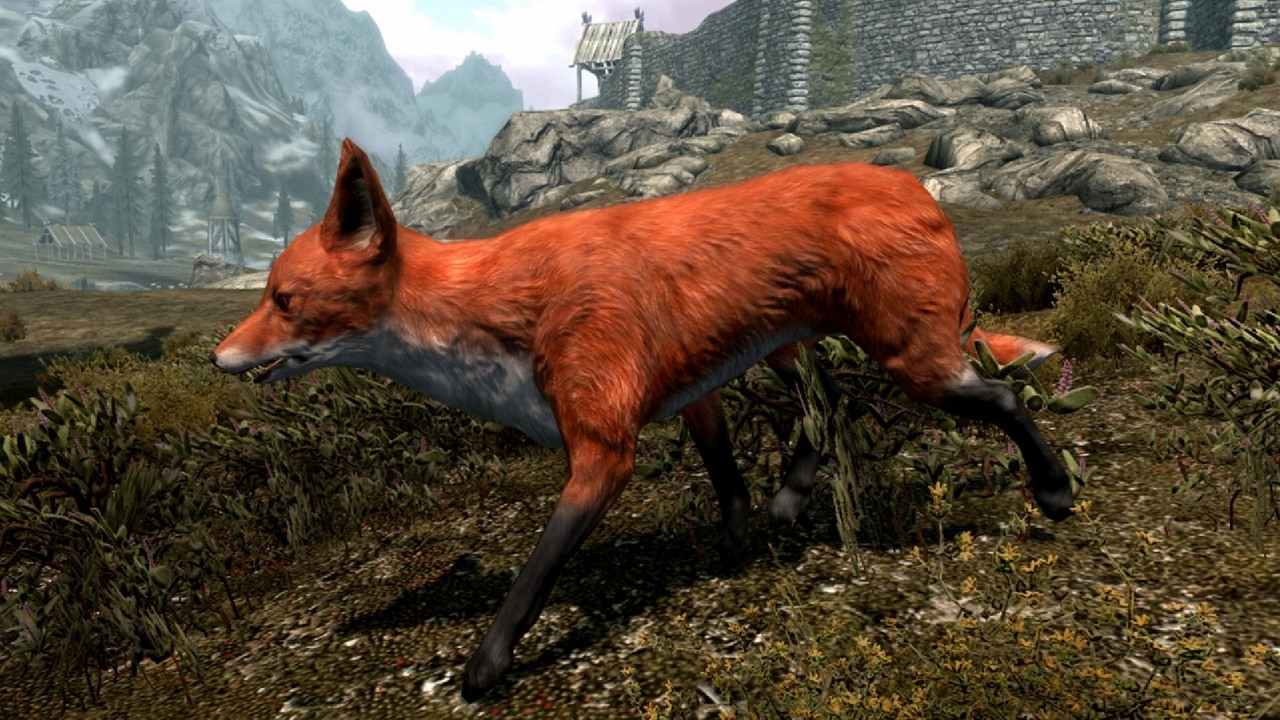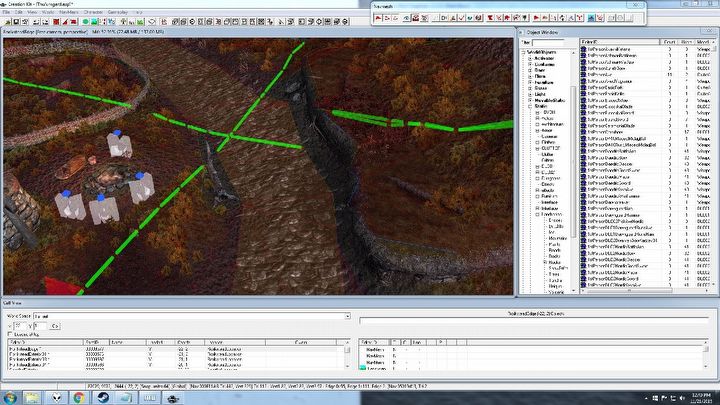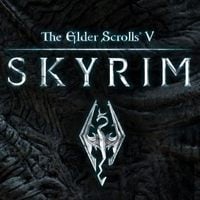Skyrim's Biggest Myth Debunked? Ex-Bethesda Dev Explains Fox Behavior
Despite being nearly a decade old, The Elder Scrolls V: Skyrim still has some mysteries. One of them - concerning foxes that allegedly lead players to treasures and/or undiscovered locations - has been explained by a former Bethesda developer.

On November 11, 2021 Skyrim will turn ten years old. On this occasion Bethesda is preparing a new version of the game, and former developers of the studio apparently began to share some interesting facts with the community. After the crazy story of the iconic intro, shared a few days ago by Nate Purkeypile, it's the turn of Joel Burgess - level designer of The Elder Scrolls V. The creator decided to reveal the truth about the myth that the foxes in Skyrim lead players to treasures and/or undiscovered locations. As is often the case with this type of stories, there is both a grain of truth and a grain of falsehood in this one.
Some time after the release of TESV, fans noticed that foxes encountered in the game world reacted strangely to the protagonist approaching them. The animals began to run away, but it seemed that they were not running blindly, but towards a specific target. Some curious players, who followed them, found out that the beasts do indeed usually head for interesting places: camps, barrows or ruins. This led to the belief that the creators of Skyrim have implemented such a solution in order to facilitate exploration.
Only that, according to the aforementioned Joel Burgess, the developers did not plan such a mechanic. So the team began to investigate the phenomenon observed by the community and quickly found its cause. It turned out that the AI is responsible for the whole confusion or more specifically, the navmesh system, which was supposed to help NPCs - including animals - in navigating through virtual space. To this end, the entire world of Skyrim was covered with an invisible three-dimensional grid of polygons, based on which the AI was to decide where a particular creature can and can not go.
Burgess claims that the vast majority of available space in the game uses a simple version of the navmesh system, as the lion's share of areas have "basic topography, little clutter and little chance of combat" and thus "require a small number of large triangles". In contrast, camps, barrows and ruins are covered with a large number of small triangles.
The AI uses this system in three ways. For example, the bandits, with whom we often fight, are characterized by the so-called high process and navigate the space even a few times per second, checking the line of sight or distance. The position of, among others, wandering merchants is checked much less frequently, usually every few minutes (low process). Foxes on the other hand, which by default are supposed to run away from the player character, use the medium process - the algorithm finds a path that has them to get 100 triangles away as quickly as possible.
To summarize: camps, barrows and ruins are covered with a large number of small triangles, and the foxes have to cover 100 such figures as fast as possible, regardless of their size. These places are therefore an obvious escape direction for the foxes. And that they often contain treasures? All the better for us, players, right? However, the myth of foxes, which deliberately lead to treasures, should be put between fairy tales. Nevertheless, it's hard to deny the usefulness of these animals, as well as Burgess's great anecdote - let's hope there's more of them.
- New Skyrim demo on Unreal Engine 5 is out now, but you won't find combat, quests or RPG mechanics there
- There was a time when you could win all games on Steam. Valve used to be quite generous
- Legendary Bethesda dev admits: we deliberately left bugs in Skyrim. „If you smooth everything out, you lose some of that magic”
1

Author: Hubert Sledziewski
Has been writing professionally since 2016. He joined Gamepressure.com five years later - although he has known the service since he had access to the internet - to combine his love for words and games. Deals mainly with news and journalism. A sociologist by education, a gamer by passion. He started his gaming adventure at the age of four - with a Pegasus. Currently, prefers PC and demanding RPGs, but does not shy away from consoles or other genres. When he's not playing or writing, he enjoys reading, watching series (less often movies) and Premier League matches, listening to heavy music, and also walking the dog. Almost uncritically loves the work of Stephen King. Does not abandon plans to follow in his footsteps. However, he keeps his first "literary achievements" locked away deep in a drawer.
Latest News
- Elite Mod lets you play the Tau faction in Warhammer 40K: Dawn of War 2
- Huge Marvel Adventures mod now with new superheroes, including Sentry
- Butcher's Summit, an impressive free diselpunk FPS, has been released
- Free FPS on Half Life engine gets big update
- On February 3, gaming history could change forever. Red Dead Redemption 2 one step away from a major achievement



